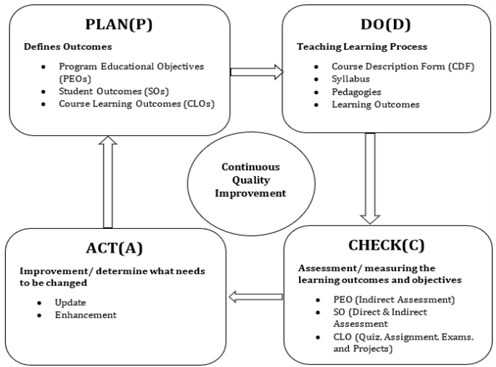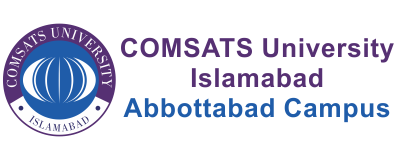“Outcome-based education (OBE) is about preparing students for life, not simply getting them ready for college or employment”
In outcome based education the first step is to envision what the students should be able to do at the end of the learning experience. This essentially means that the goals are first defined and then the curriculum, assessment and other artifacts are designed to ensure that those goals are achieved. The concept of outcome based education was developed by William Spady in the 1970’s. He shifted the focus on what is being taught to the students to what the students would be able to achieve at the end of a learning experience. In other words, the focus was shifted to the qualities and capabilities that the graduating students would possess rather than the process of education. According to William Shady the following are the four key components of outcome based education:
- Focus on significant outcomes for students
- Promote opportunities for successful learning for students
- The level of expectations is kept high to achieve high level of performance
- Envision where you want the student to be and then build backwards from there

Figure 1. OBE implementation process
In OBE the aim is to design content around activities that are conducive to verifiable competency of a specific skill, knowledge, or behavior. For the educational system to function effectively, OBE framework is identified. It guarantees that curriculum, teaching and learning strategies, and assessment tools are continuously enhanced through an evaluation process. The methodology P-D-C-A (Plan-Do-Check-Act) cycle has been applied for optimum effectiveness and efficiency as shown in Figure 1.
Program Educational Objectives
The following are the PEOs for all computing programs being offered in the Department of Computer Science.
- PEO-1: Inculcate in-depth knowledge, analytical skills, and creativity in the computing domain.
- PEO-2: Attain the ability to adapt in an evolving technological environments, assimilate new information with a strong focus on entrepreneurship.
- PEO-3: Instill moral and ethical values, along with the ability to communicate effectively with computing community.
- PEO-4: Train graduates to contribute towards knowledge economy and socio-economic growth of the country.
Student Outcomes (SOs)
The department of computer science at CUI ensures that the graduates are equipped with the right set of attributes that will make them desirable to potential employers. Problem Solving, Critical Thinking, Creativity, Communication, Teamwork, Adaptability, and Life-long Learning are all considered as crucial attributes for employability. These graduate attributes (GAs) are in line with student outcomes defined by Seoul Accord; therefore, the department of computer science at CUI has adapted SOs from Seoul Accord which is listed in Table below:
| S.# | Graduate Attributes (GA) | Student Outcomes (SOs) |
| 1 | Knowledge for Solving Computing Problems | Apply knowledge of computing fundamentals, knowledge of a computing specialization, and mathematics, science, and domain knowledge appropriate for the computing specialization to the abstraction and conceptualization of computing models from defined problems and requirements. |
| 2 | Problem Analysis | Identify, formulate, research literature, and solve complex computing problems reaching substantiated conclusions using fundamental principles of mathematics, computing sciences, and relevant domain disciplines. |
| 3 | Design/Development of Solutions | Design and evaluate solutions for complex computing problems, and design and evaluate systems, components, or processes that meet specified needs with appropriate consideration for public health and safety, cultural, societal, and environmental considerations. |
| 4 | Modern Tool Usage | Create, select, adapt and apply appropriate techniques, resources, and modern computing tools to complex computing activities, with an understanding of the limitations. |
| 5 | Individual and Teamwork | Function effectively as an individual and as a member or leader in diverse teams and in multi-disciplinary settings. |
| 6 | Communication | Communicate effectively with the computing community and with society at large about complex computing activities by being able to comprehend and write effective reports, design documentation, make effective presentations, and give and understand clear instructions. |
| 7 | Computing Professionalism and Society | Understand and assess societal, health, safety, legal, and cultural issues within local and global contexts, and the consequential responsibilities relevant to professional computing practice. |
| 8 | Ethics | Understand and commit to professional ethics, responsibilities, and norms of professional computing practice. |
| 9 | Life-long Learning | Recognize the need, and have the ability, to engage in independent learning for continual development as a computing professional. |

